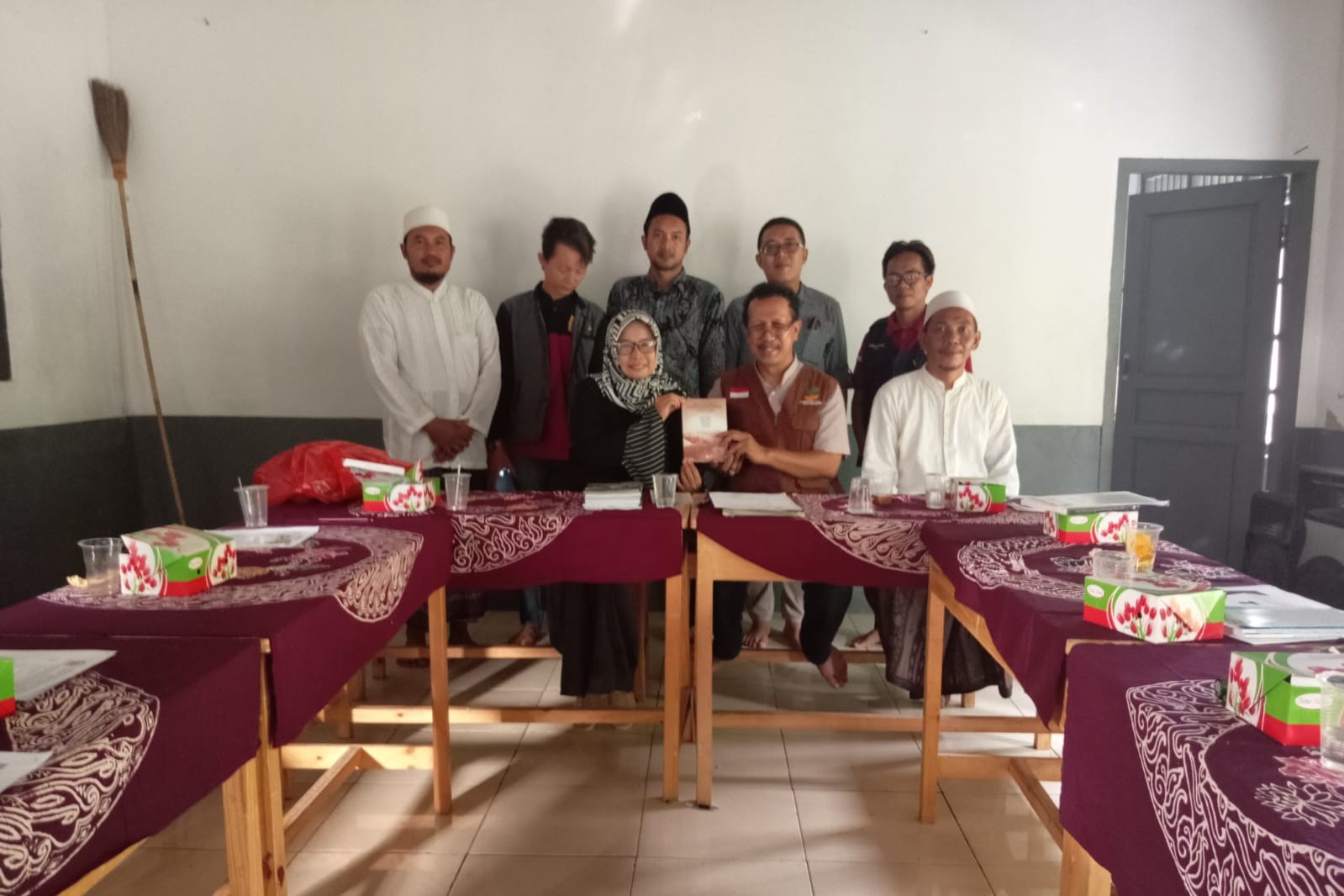Book Launch at LKSU Nurunnisa Tangerang

Tangerang (July 6, 2022) - A discussion has been held on the Future of
Elderly Services at the Nurunnisa Elderly Social Welfare Institution (LKSU),
Bakung Village, Kronjo District, Tangerang Regency, Banten Province.
The speaker, Achmadi Jayaputra, a researcher from
the National Research and Innovation Agency (BRIN), is a former researcher from
the Research and Development Agency for Social Welfare of MoSA.
Present at the event were 16 people from various
elements who had been supporting the elderly directly at LKSU Nurunnisa.
Especially from MoSA, Bakung Village Office, religious leaders, and representatives
of PT. Japfa, LKSU Berdikari, Karang Taruna Bakung Village, Social Welfare
Workers in Kronjo District, and the medical team.
The discussion with the title “Community
Participation for Elderly Services” discussed two important issues, the first
regarding Law Number 13 of 1998 on Elderly Welfare. Currently in discussion to
make changes or adjustments to the current situation and conditions.
It is known that the contents of the law prioritize
services for potential and non-potential neglected elderly. There is the right
of the elderly to improve their welfare in eight aspects including the basic
needs of the elderly, physical and non-physical, and ease of use of services and facilities.
But so far only certain aspects can be done for the
elderly. For example, DKI Jakarta Government issues a free card to ride the
Trans Jakarta, discounted entrance fees for Ancol Tourism Park, and so on.
Second, MoSA in 2021 has issued Guidelines for
Elderly Assistance (AtensiLU) to assist the elderly in recovering and
developing their social functions. The service uses a family and community-based
approach through support for meeting the needs of decent living, care,
therapy, and others.
Facing these conditions, it is suggested that
institutions that serve the elderly need to be prepared to improve the quality
of social services. The adjustment from MoSA has assigned hundreds of
prospective social workers to support various existing social rehabilitation
centers. MoSA needs to think about the social rehabilitation center in terms of
coverage that is too broad, changing the function of the Center, and its
limited scope.
 English
English
 Bahasa
Bahasa
